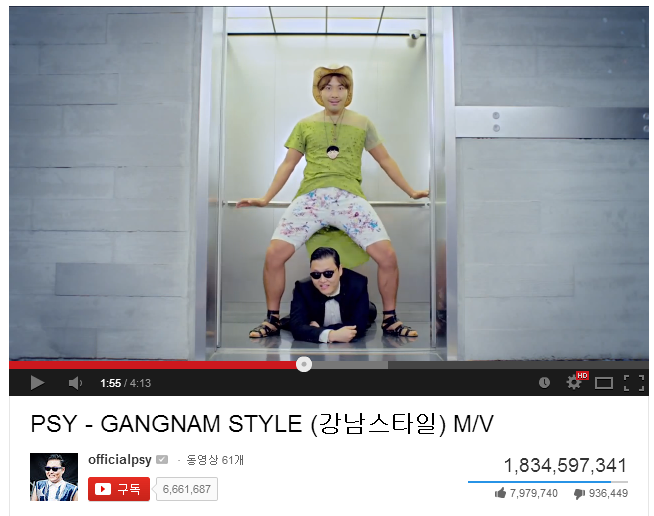After reading my fellow classmate Eunice Park’s post which discussed the merits of viral Youtube videos as a marketing tool, I initially agreed with her sentiments. However, after further thought, I began to feel less sure. I tried to recall examples of truly successful viral video marketing and none immediately came to mind. Of course, this can possibly be attributed to me usually spending time on Youtube only watching videos with a tight focus on my interests such as music, movies and video games.
And here lies the problem of attempting to use viral Youtube videos for marketing – I don’t believe that reaching such a large number of consumers is as easy as it sounds, even with the widespread use of social networking sites like Facebook and Twitter. A comment on this article about viral videos sums up my thoughts on this – saying “I’m going to create a viral video” is akin to saying “I’m going to write a bestselling novel”. A firm cannot control whether or not their video creation goes viral. According to the statistics page of Youtube, 100 minutes of video are uploaded to the site every minute. For a video to go viral in this vast sea of material, it has to have something that makes it stand out. Finding that ‘something’ is no doubt difficult.
How many so-called ‘viral’ videos were actually intended to be advertisements? Here is a list of 2012’s most-shared Youtube videos. Out of the ten videos listed, only two are ads (“A Dramatic Surprise on a Quiet Square” by TNT, “Best Job” by Procter & Gamble). I think viral videos may seem like a great marketing tool at first glance but in reality is too unreliable a method to be used regularly for marketers.
